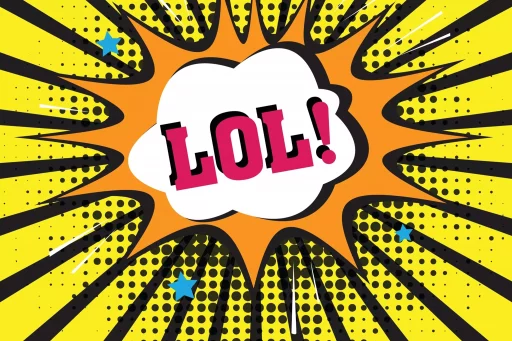What is a Nonce?
The term ‘nonce’ has a variety of meanings across different contexts, but within the realm of Urban Dictionary, it holds specific connotations, often nuanced by cultural perceptions and regional vernacular. Primarily, the word has been used in British slang to refer derogatorily to an individual, typically associated with pedophilia. However, this understanding has evolved, and ‘nonce’ has also been adopted in broader, sometimes humorous contexts.
Origins of the Term
The origins of ‘nonce’ can be traced back to the British criminal justice system, where it was used as an acronym for ‘not on normal communal employment.’ This was used to identify prisoners who were incarcerated for sexual offenses against children. The word soon transitioned into a slang term to describe individuals who committed such offenses.
Nonce in Urban Dictionary
Urban Dictionary is a crowdsourced online dictionary of slang words and phrases. Users submit definitions, which can vary widely in accuracy and intent. According to Urban Dictionary, ‘nonce’ is often defined as:
- A derogatory term for a sexual offender, particularly against children.
- A term that has been adopted in popular culture, often used humorously or in jest among younger generations.
- An expression in meme culture, sometimes stripped of its initial meaning and applied more generally to someone viewed as foolish or stupid.
Examples from Urban Dictionary demonstrate this spectrum of meanings:
- “Don’t be such a nonce!” – a playful jab at a friend for being foolish.
- “That guy’s a nonce; he was convicted for a sick crime.” – a serious statement about someone’s past.
Case Studies: Nonce in Social Media
The term ‘nonce’ has gained traction on social media platforms, particularly Twitter and TikTok, where users employ it in various forms of expression. Younger audiences often use it to denote someone who is regarded as silly or incompetent rather than in the context of sexual crimes.
One notable case involved a viral meme in which users exaggeratedly claimed that certain celebrity figures were ‘nonces’ merely for humorous effect, showcasing a disconnect between the original meaning of the word and its contemporary usage. For instance:
- An image of a celebrity looking bewildered, captioned, “When you realize people think you’re a nonce because of that one cringy TikTok!”.
Such examples illustrate how language evolves and adapts over time within digital communities.
Statistics and Trends
A survey conducted by a research group exploring slang usage among millennials and Gen Z highlighted interesting trends in the use of the term ‘nonce’. The findings indicated:
- 68% of participants recognized ‘nonce’ but associated it more with silliness than its serious connotation.
- 45% reported using the term jokingly in everyday conversations.
- 32% acknowledged using the word without fully understanding its original implications.
These statistics reflect a significant shift in the term’s perception as it transitions into more lighthearted language among younger generations, despite its serious roots.
Conclusion: The Polymorphic Nature of Nonce
In conclusion, the term ‘nonce’ illustrates the complexities and fluidity of language, especially in digital culture. While it retains its serious implications in certain contexts, its modern usage in Urban Dictionary and on social media signifies a broader trend of language evolution, where terms can rapidly shift in meaning and application. Understanding these dynamics is essential, as what affects language can have ripple effects throughout society, influencing how we communicate and relate to one another.






